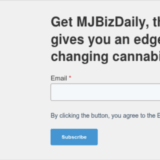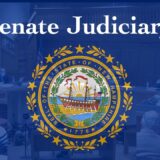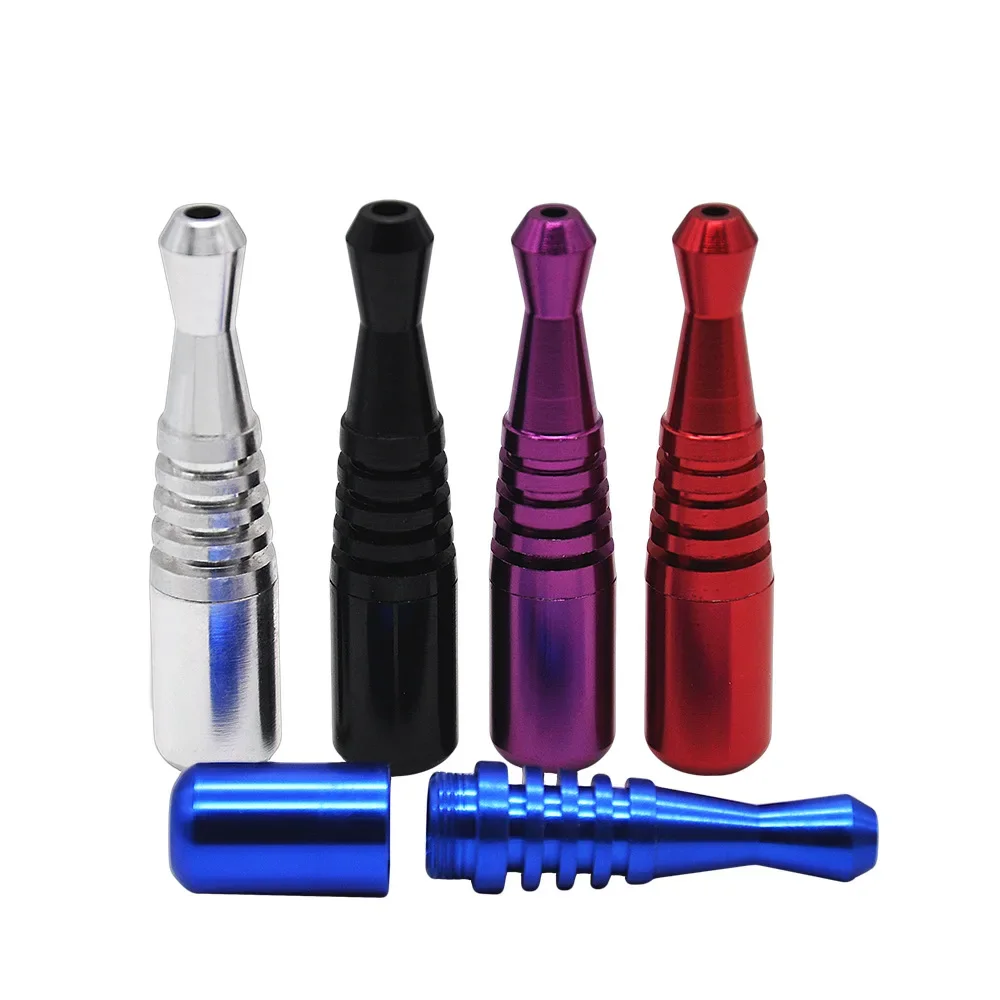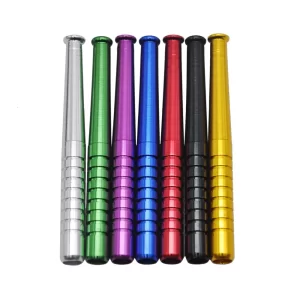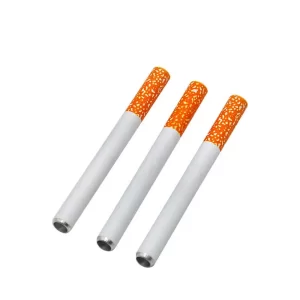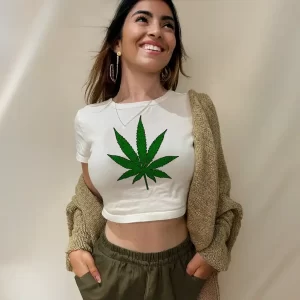There’s an effort underway to rally federal lawmakers representing Minnesota to push the Trump administration to scale back a recently enacted ban on hemp-derived THC by providing a carve-out for states that want to regulate cannabinoid products, a Democratic congresswoman tells Marijuana Moment.
But a GOP congressman who helped secure the ban that was signed into law last week by President Donald Trump says he’s not concerned about attempts to undercut the enacted law, brushing off arguments about the possible consequences of the policy change as “desperate mistruths from an industry that stands to lose billions of dollars by selling intoxicants to children.”
Rep. Ilhan Omar (D-MN), co-chair of the Congressional Cannabis Caucus, told Marijuana Moment on Tuesday that she and other legislators are working to see if they can secure “exemptions” from the ban “for states that have already rolled out their hemp policies.”
“So much of our economy is already absorbing the hemp industry, and it’s just going to be a tragedy for the industries that already exist in states like Minnesota,” she said.
The congresswoman said that here office has been working to “gauge interest” among colleagues from Minnesota about the possibility of signing a letter to the Trump administration laying out their concerns with the hemp policy change and making the case that states should be empowered to set their own cannabis laws without federal interference.
Omar said that many Democrats voted against a motion to kill an amendment to the appropriations legislation that Sen. Rand Paul (R-KY) sponsored in hopes of striking the hemp language, which was championed by Sen. Mitch McConnell (R-KY). There are also other Republicans “on this side of the chamber, so we’ll see if we can get movement in that regard,” she said.
Asked whether the Cannabis Caucus is coordinating the effort, Omar said she’s primarily speaking with members of Minnesota’s congressional delegation, “because if we can move them, we can try to build a broader coalition.”
“The states that are impacted have to speak up before the advocates get involved,” she said.
Rep. Andy Harris (R-MD), who championed the ban along with McConnell, is dead-set on ensuring that the prohibitionist policy is left intact.
“Federal law supersedes state laws on scheduled substances,” he told Marijuana Moment. “We are going to limit an otherwise unregulated industry that sells intoxicants to children.”
The federal hemp ban—which would set a THC limit on cannabinoid products so low that many stakeholders say it would effectively upend the industry—has been an especially hot topic in Minnesota, where lawmakers legalized hemp-derived THC beverages and established a regulatory framework for such products before the state legalized adult-use marijuana.
It took many by surprise when Minnesota’s Democratic attorney general, Keith Ellison, joined 38 of his state and territory counterparts in a letter to congressional leaders earlier this month that voiced support for the hemp provisions of the spending bill Trump signed.
Ellison later defended his decision to sign that letter, saying that while he supports the state’s marijuana laws—as well as “Minnesota’s THC edible industry that follows state law”—the so-called “loophole” in federal hemp statute puts his state at risk because it allows potentially non-compliant, out-of-state cannabinoid products to enter Minnesota’s market.
Still, there’s been widespread outcry over the looming re-criminalization, drawing criticism from parents of cannabis patients, veterinarians and influencers like Joe Rogan, for example.
In response to the hemp ban, Rep. Nancy Mace (R-SC) recently started circulating a bill that would strike the contested provisions of the appropriations legislation. But some stakeholders worry that approach could backfire, and they’re hoping to see bipartisan bills introduced in he near future that would provide a robust regulatory model for intoxicating hemp products as a viable alternative to blanket prohibition.
Meanwhile, GOP political operative Roger Stone said this week that President Donald Trump was effectively “forced” by Republican lawmakers to sign the spending bill with the hemp THC ban language.
However, a White House spokesperson said prior to the bill signing that Trump specifically supported the prohibition language.
The Democratic governor of Kentucky said last week that the hemp industry is an “important” part of the economy that deserves to be regulated at the state level—rather than federally prohibited, as Congress has moved to do.
Also, a leading veterans organization is warning congressional leaders that the newly approved blanket ban on consumable hemp products could inadvertently “slam the door shut” on critical research.
While many hemp stakeholders say the ban would effectively eradicate the industry–even applying to nonintoxicating CBD products that people use for medical reasons—there’s latent hope that they can strike a compromise deal with lawmakers before the prohibition is implemented this time next year.
Lawmakers such as Sen. Chris Van Hollen (D-MD) also say that window could provide an opportunity to advance legislation to create an alternative regulatory model for consumable hemp products.
There were attempts by GOP lawmakers in both chambers to strike the hemp prohibition provision. But the proposed amendments from Paul and Rep. Thomas Massie (R-KY) did not make it into the final package.
Massie tried to revive the push in the House with his own amendment mirroring Paul’s, but the prospects of its adoption were dubious at best, as there was generally consensus within the Republican caucus that the spending bill should advance without further modifications that could have sent it back to the Senate.
—
Marijuana Moment is tracking hundreds of cannabis, psychedelics and drug policy bills in state legislatures and Congress this year. Patreon supporters pledging at least $25/month get access to our interactive maps, charts and hearing calendar so they don’t miss any developments.![]()
Learn more about our marijuana bill tracker and become a supporter on Patreon to get access.
—
Since 2018, cannabis products have been considered legal hemp if they contain less than 0.3 percent delta-9 THC on a dry weight basis.
The new legislation specifies that, within one year of enactment, the weight will apply to total THC—including delta-8 and other isomers. It will also include “any other cannabinoids that have similar effects (or are marketed to have similar effects) on humans or animals as a tetrahydrocannabinol (as determined by the Secretary of Health and Human Services).”
The new definition of legal hemp will additionally ban “any intermediate hemp-derived cannabinoid products which are marketed or sold as a final product or directly to an end consumer for personal or household use” as well as products containing cannabinoids that are synthesized or manufactured outside of the cannabis plant or not capable of being naturally produced by it.
Legal hemp products will be limited to a total of 0.4 milligrams per container of total THC or any other cannabinoids with similar effects.
Within 90 days of the bill’s enactment, the Food and Drug Administration (FDA) and other agencies will need to publish list of “all cannabinoids known to FDA to be capable of being naturally produced by a Cannabis sativa L. plant, as reflected in peer reviewed literature,” “all tetrahydrocannabinol class cannabinoids known to the agency to be naturally occurring in the plant” and “all other known cannabinoids with similar effects to, or marketed to have similar effects to, tetrahyrocannabinol class cannabinoids.”
The language slightly differs from provisions included in legislation that had previously advanced out of the House and Senate Appropriations panels, which would have banned products containing any “quantifiable” amount of THC, to be determined by the HHS secretary and secretary of agriculture.
Meanwhile, advocates are sharply criticizing congressional leaders for advancing the spending bill ahead of Veterans Day that also omits bipartisan provisions allowing U.S. Department of Veterans Affairs (VA) doctors to recommend medical cannabis to patients in states where it’s legal—even though the policy was approved by the full Senate and House earlier this year.
The LCB contributed reporting from Washington, D.C.
Photo courtesy of Brendan Cleak.



